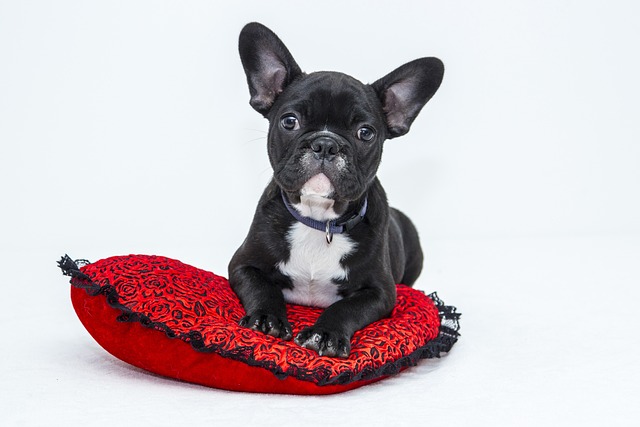
What is glaucoma in a dog?
You might notice your dog squinting more at mealtime or avoiding bright sunlight—these small changes could be early signs of a serious eye condition.
That tiny face looking up at you from a bowl that seems too big for them brings a very specific question: what is the absolute best food for my small-breed dog? While there's no single "best" brand that fits every pup, the ideal choice is defined by a formula specifically engineered to meet their unique physiological needs. Small dogs, from feisty Chihuahuas to playful Pomeranians, have faster metabolisms than their larger cousins, meaning they burn energy at a much higher rate relative to their body size. However, their tiny stomachs have limited capacity. This is the central dilemma: they need calorie-dense, energy-rich food, but in very small, manageable portions. Therefore, the best small dog food will be precisely that: nutrient-dense, featuring a high-quality animal protein as the first ingredient (like chicken or fish) to support muscle maintenance, and calorie-rich enough to fuel their busy days without requiring them to eat a large volume of food.
Beyond just calories, the physical form of the kibble is critically important. Look for a formula that offers small, bite-sized pieces. These are easier for petite jaws to chew and can help promote better dental health by encouraging chewing, which reduces tartar buildup—a common issue in small breeds. When selecting a food, your first stop should always be your veterinarian. They can recommend brands that meet the stringent nutritional standards set by the Association of American Feed Control Officials (AAFCO) for "all life stages" or specifically for "small breed adults." This ensures the food is complete and balanced. The transition to any new food must be gradual, over 7-10 days, by slowly mixing the new food with the old to avoid shocking their sensitive digestive systems and causing upset stomachs, which are common in smaller dogs.

This careful, science-backed approach to nutrition is a form of preventative health care, reflecting a modern ethos of positive, proactive pet ownership. It aligns with the standard practice of using positive reinforcement in training—you're rewarding your dog's body with the right fuel for a healthy life. This commitment to their well-being extends far beyond the food bowl. As you nourish your small dog for energy, you'll likely enjoy more active walks together. This makes your understanding of local laws and etiquette paramount. This means ensuring your dog's rabies vaccination is always up-to-date and that the tag is securely attached to their collar or harness—this is a legal requirement for public safety in all U.S. states. Furthermore, their small size is no excuse for skipping cleanup duty. Always carrying a supply of poop bags and immediately cleaning up after your pet is an absolute must. It's the law, it's a mark of a respectful neighbor, and it's crucial for maintaining hygiene in shared spaces.
For apartment dwellers with small dogs, mealtime and walk time require specific considerations. Their faster metabolisms might mean more frequent, smaller meals to maintain energy levels and prevent blood sugar drops, especially in very tiny breeds. On walks in densely populated buildings, be extra vigilant. Their small stature makes them vulnerable, so using a harness is recommended. Be mindful that their waste, though smaller, is just as obligatory to clean up. Always be prepared to gently advocate for your small dog in shared elevators or lobbies, using treats to reinforce calm behavior around larger neighbors. Remember, the best food is the one that supports your small dog's big personality and energy. By choosing a high-quality, breed-appropriate formula and pairing it with responsible ownership habits, you're giving your little companion the foundation for a long, vibrant, and healthy life by your side.

You might notice your dog squinting more at mealtime or avoiding bright sunlight—these small changes could be early signs of a serious eye condition.

Let’s set the scene: It’s a sweltering Phoenix afternoon—105°F outside—and you rushed your 2-year-old Lab mix, Cooper, on a quick walk to “get it over with.”

Let’s get real: You’re in your Miami apartment, watching your 3-year-old Corgi, Loki, struggle to climb the stairs to your second-floor unit.

Many dog owners brush off occasional scratching as just “dog behavior,” but persistent itching often signals something more—like a food allergy.

You might first notice your dog scratching more than usual—chewing at their paws until the fur looks thin, or rubbing their face against the couch nonstop.

Let’s be real: You’re standing in your Chicago apartment, watching your 3-year-old Beagle, Max, huff and puff just to climb onto the couch.